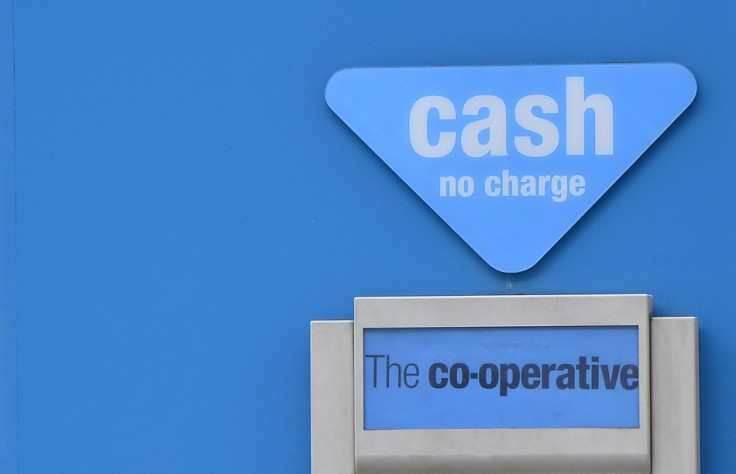Co-Op Forges £1.5bn Battleplan with Regulator to Avoid Bank Bailout

Britain's Co-operative Group has forged a plan with the Prudential Regulation Authority, to fill a massive balance sheet black hole in its banking arm, in order to avoid a taxpayer funded bailout.
In a statement, the group said it agreed to a plan to plug a capital shortfall of £1.5bn (€1.8bn, $2.4bn) at its banking unit, while also generating billions of pounds of new capital over the next two years.
The comprehensive plan is said to provide stability to the beleaguered bank and will generate £1bn this year and £500m in 2014.
By raising the amount of cash of its balance sheet, this will increase its core tier 1 ratio, which is a key measure of the bank's financial strength.
Co-Op says it expects its core tier 1 ratio to be above 9% by the end of 2013 and to increase in the following years. The PRA said it wants all banks to achieve a core tier 1 ratio of at least 7%.
The Co-Op Bank is one of the UK's smallest banks with 6.5 million customers and a 1.5% share of the current account market. However it is a household name in Britain, as the wider group includes supermarkets, funeral services and pharmacies.
The news comes only two weeks after the newly appointed Chairman Richard Pym revealed that the Co-Op was working with the British prudential watchdog to address rating agency concerns that the lender may need a bailout.
Earlier this month, Moody's slashed the bank's debt rating to junk status, due to concerns that the Co-operative Bank has a £1.8bn black hole in its balance sheet.
Responding to the downgrade, the bank acknowledged that it needed to strengthen its capital position in the light of the broader economic downturn and the pending introduction of additional regulatory requirements.
Following the dire rating's agency assessment, Barry Tootell stepped down as CEO, however former HSBC banker Niall Booker has since taken over as leader.
© Copyright IBTimes 2025. All rights reserved.






















